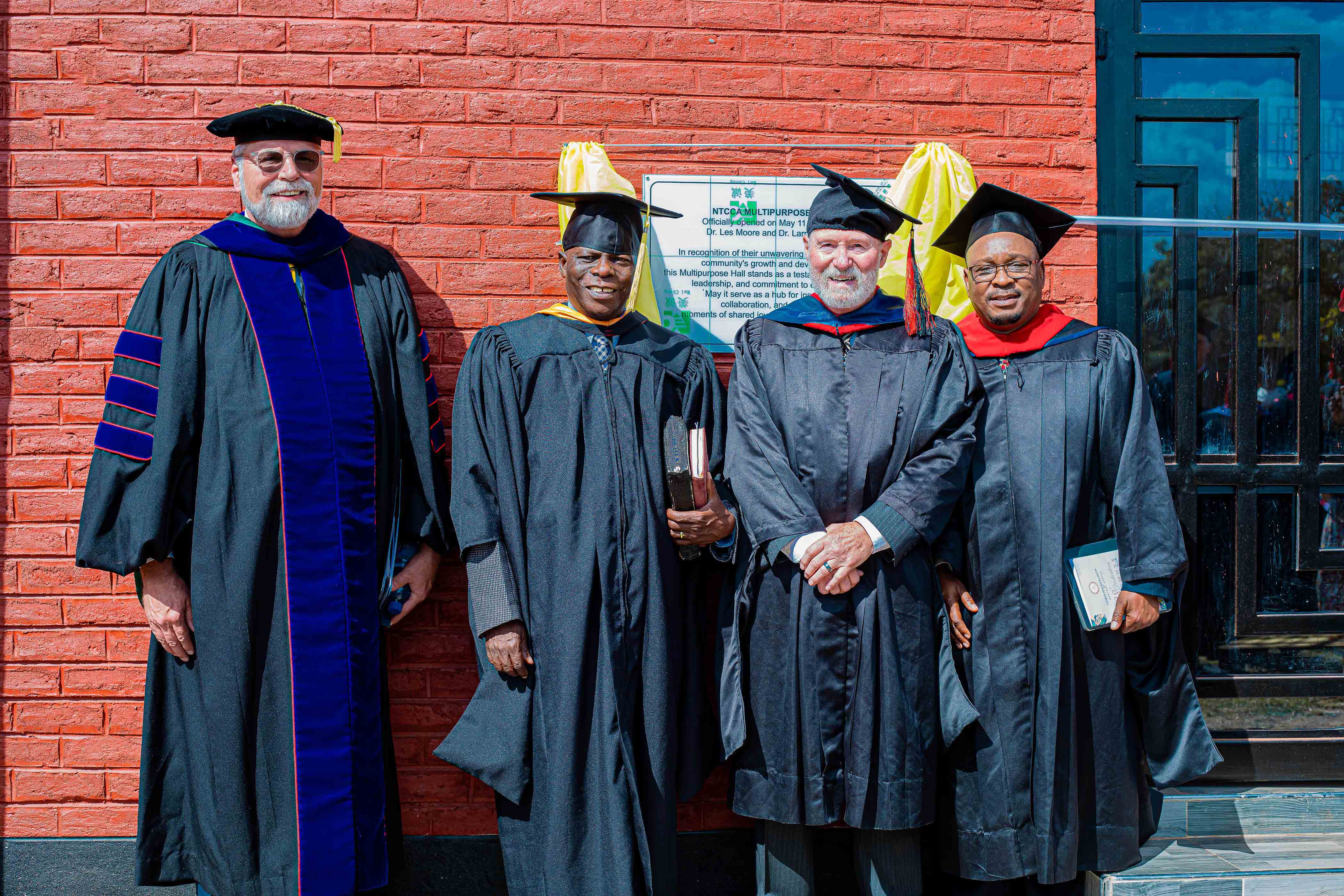The Church of the Nazarene is a Methodist denomination that emerged during the holiness movement.[2] The official doctrines of the Church of the Nazarene are published in the Manual: Church of the Nazarene, which is published quadrennially after the General Assembly, the primary convention and gathering of Nazarenes, at which leaders are elected, and amendments and suggestions are incorporated into the Manual. The Manual is published in print, and is available online at the Nazarene Church's website.[29] Nazarenes have established 16 "Articles of Faith" as a guiding principle for living Christianity. The "Articles" include the following: one eternal self-existent God manifest in a Trinity; the divinity of Jesus and the Holy Spirit; the authority of the Bible; Original and Personal Sin; the work of atonement; prevenient grace; the need for repentance; justification, regeneration, and adoption; entire sanctification; the church; creedal baptism; the Lord's Supper for all believers; divine healing; the return of Jesus Christ; and the resurrection of the dead.[30] A key outgrowth of this theology is the commitment of Nazarenes not only to the Evangelical Gospel of repentance and a personal relationship with God, but also to compassionate ministry to the poor. While there is no official theology text authorised by the denomination, there are several that have been widely used in the pre-ordination training course for ministers. In the early years of the denomination, books by John Miley and William Burt Pope were used. The most influential theologians within the Church of the Nazarene have been Edgar P. Ellyson, author of Theological Compend (1908); A.M. Hills, author of Fundamental Christian Theology (1931); H. Orton Wiley, author of the three-volume Christian Theology (1940–1943); Mildred Bangs Wynkoop, author of A Theology of Love (1972) and Foundations of Wesleyan-Arminian Theology (1972); Richard S. Taylor, author of A Right Conception of Sin (1945) and Exploring Christian Holiness, Vol.3: The Theological Formulation (1985); H. Ray Dunning, author of Grace, Faith & Holiness (1988); and J. Kenneth Grider, author of A Wesleyan-Holiness Theology (1994). Contemporary Nazarene theologians include Craig Keen, Michael Lodahl, Samuel M. Powell, Bryan Stone, Rob Staples, and Thomas A. Noble. Noble has been commissioned to write a three-volume systematic theology for the denomination that seeks to be intellectually coherent, comprehensive, contemporary, and global.[31]
Theology and doctrine












